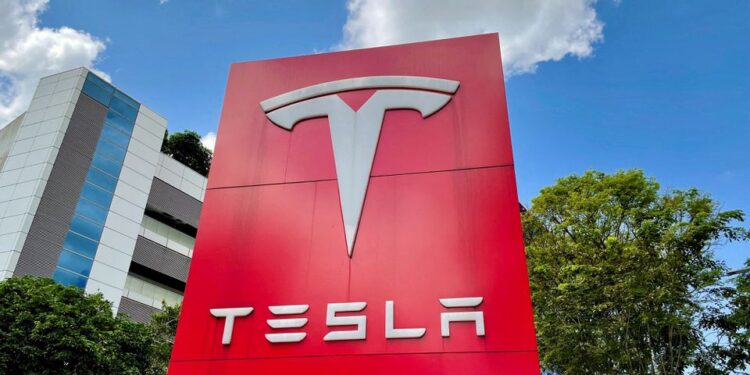Tesla’s bid to enter the UK’s domestic energy market should be blocked on national security grounds, according to Liberal Democrat leader Sir Ed Davey. He urged ministers to prevent the U.S. electric vehicle maker, led by Elon Musk, from supplying energy to British households, citing concerns over political interference and security risks.
Concerns raised over political influence
Davey said granting Musk’s company a foothold in Britain’s energy system would be “gravely concerning”, arguing that the billionaire’s interventions in UK politics made the move unacceptable. He highlighted past episodes where Musk, via his social media platform X, had amplified partisan debates and engaged directly with British political figures. According to Davey, such involvement represents a risk to the impartiality and stability expected in critical national infrastructure.
Tesla’s application and energy ambitions
Tesla has applied for a licence to supply electricity to UK households, part of its wider strategy to expand beyond electric vehicles and battery storage into the retail energy sector. In other markets, Tesla has sought to link its solar, battery and car products with consumer energy supply, offering households integrated solutions. Approval in the UK would allow the company to sell electricity directly to customers, potentially shaking up a market dominated by established utilities.
National security implications
Opponents of the application stress that energy infrastructure is a national security priority, with risks heightened by the increasing digitalisation of the power grid. Davey argued that entrusting part of this system to a company led by Musk, given his controversial public profile and involvement in global politics, would create vulnerabilities. He called for ministers to intervene early, stressing that corporate innovation should not come at the expense of democratic safeguards.
Political reaction and government stance
The intervention from the Liberal Democrat leader has put pressure on the government to take a position. While no decision has yet been announced, industry experts noted that national security assessments are increasingly being applied to energy and technology investments. Previous cases have seen ministers step in to block takeovers or restrict involvement in critical infrastructure where foreign ownership was deemed sensitive.
Broader implications
Tesla’s push into energy supply underscores how technology and automotive firms are expanding into sectors traditionally managed by domestic utilities. If approved, the move could lower household costs and accelerate renewable adoption. However, the controversy illustrates the growing tension between innovation and security oversight, with governments weighing economic benefits against political risks.
Outlook
The government is expected to review Tesla’s application in the coming months, with national security likely to be a key determinant. The debate reflects broader concerns over the role of powerful global figures in critical domestic systems, raising questions about how the UK balances openness to investment with protection of its political and energy infrastructure.
REFH – Newshub, 22 August 2025



Recent Comments